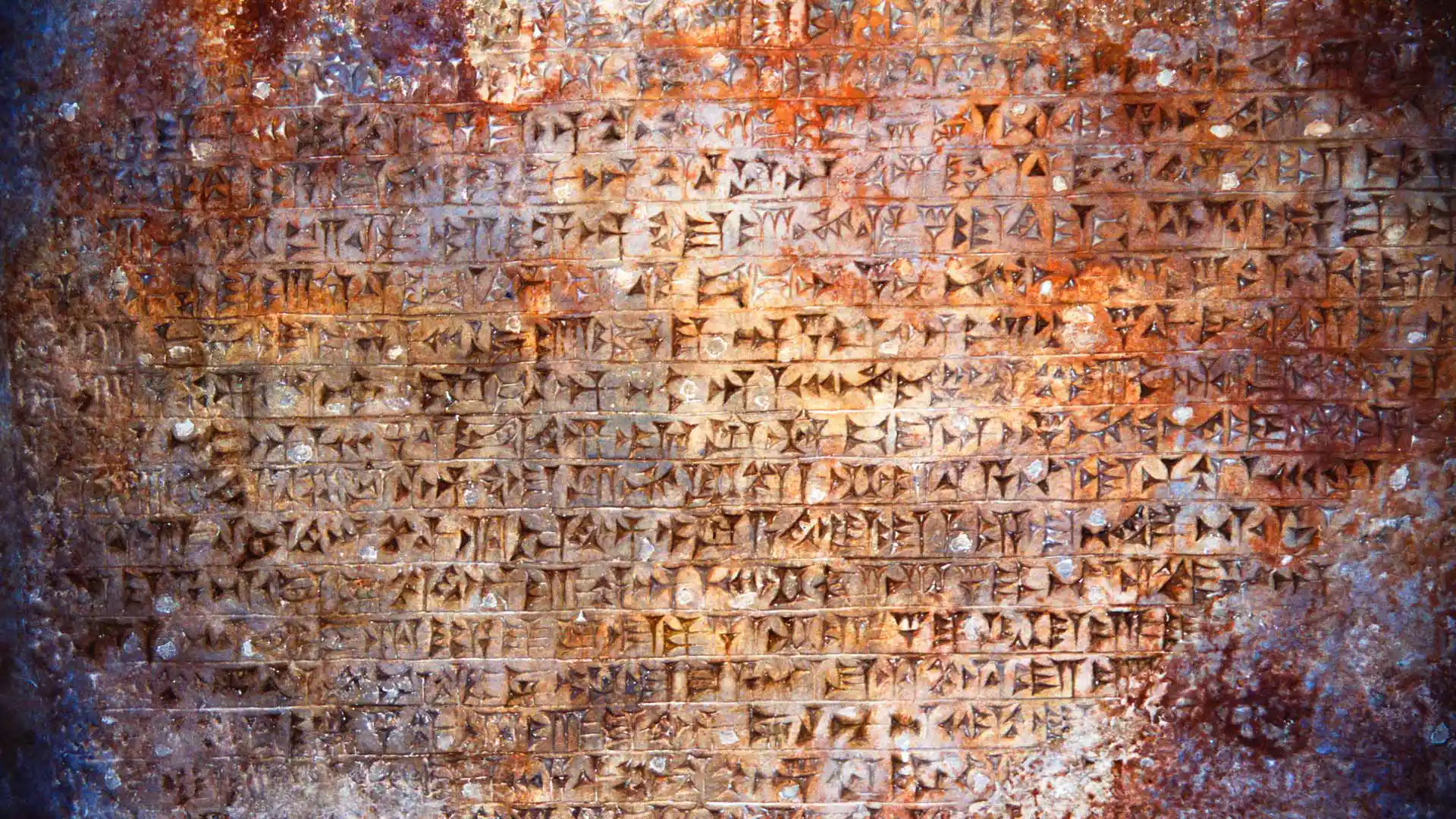波斯波利斯的古代雕刻文本, 伊朗 Ancient carved texts from Persepolis, Iran (© George Hall/Alamy)

波斯波利斯的古代雕刻文本, 伊朗 Ancient carved texts from Persepolis, Iran (© George Hall/Alamy)
遥远的过去数据 Distant-past data
电子表格日
无论他们是数据透视表专家还是入门级新手,全球电子表格用户都有一个人要感谢。Dan
Bricklin在1979年的这一天发布了第一个电子电子表格程序,这一天现在被纪念为电子表格日。这一天是为了庆祝复杂的电网,这些电网重塑了从会计和工程到教育和项目管理的企业。就像支持现代数据处理的电子表格一样,古代文明也寻求创新的方式来记录和跟踪周围的世界。
楔形文字是一种以楔形符号为特征的文字,用于转录古代近东的多种语言,该地区大致相当于今天的中东地区。它的使用范围从青铜时代早期到公元1世纪初。阿契美尼德王室铭文在波斯波利斯(今伊朗)的出版再次揭示了17世纪初的楔形文字。这些铭文混合了多种语言,最终在
19 世纪被破译。
Spreadsheet Day
Happy Spreadsheet Day! Be they a pivot table pro or an entry-level novice, spreadsheet users worldwide have one person to thank: Dan Bricklin released the first electronic spreadsheet program on this day in 1979. The day celebrates the sophisticated grids that have reshaped businesses from accounting and engineering to project management. But data handling did not begin in the digital age. Ancient civilizations had their own ways of recording and tracking the world around them, as seen in our homepage image.
Cuneiform, a script characterized by wedge-shaped symbols, was used to transcribe languages of the ancient Near East, a region roughly corresponding to today's Middle East. First developed around 3500 BCE, it was used for thousands of years, until the 1st century CE. In the early 17th century, the publication of Achaemenid royal inscriptions at Persepolis—in modern-day Iran—shed light again on cuneiform. These inscriptions had a mix of languages and were finally deciphered in the 19th century.
评论已关闭